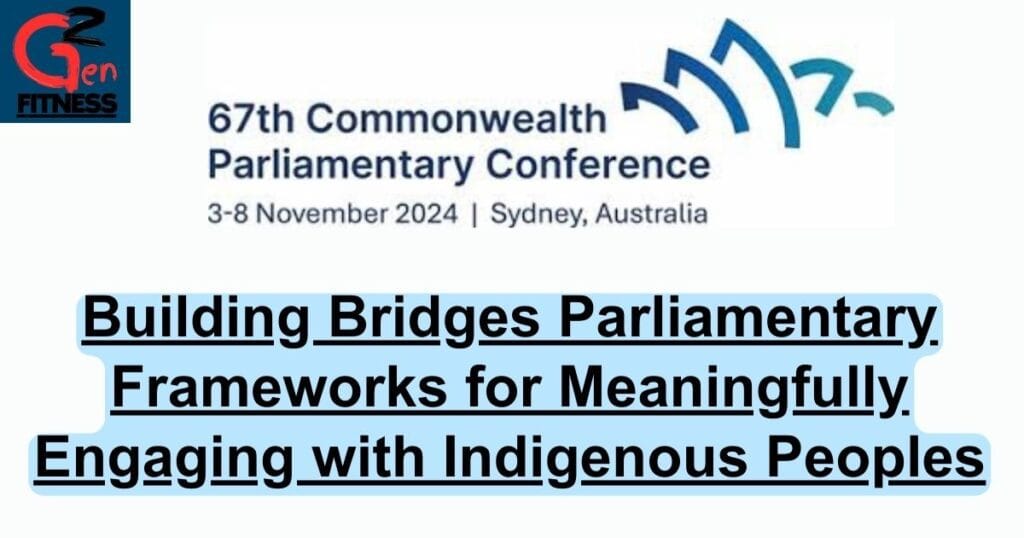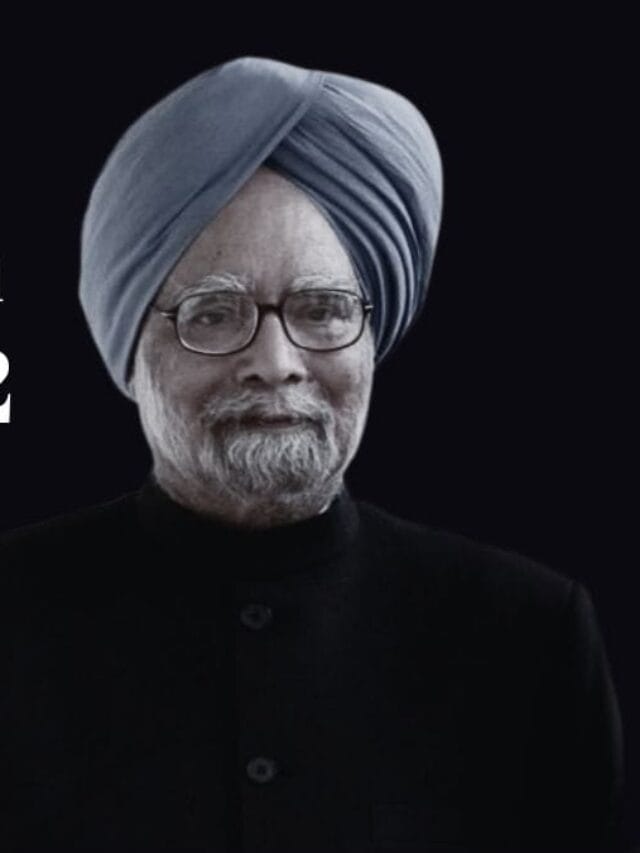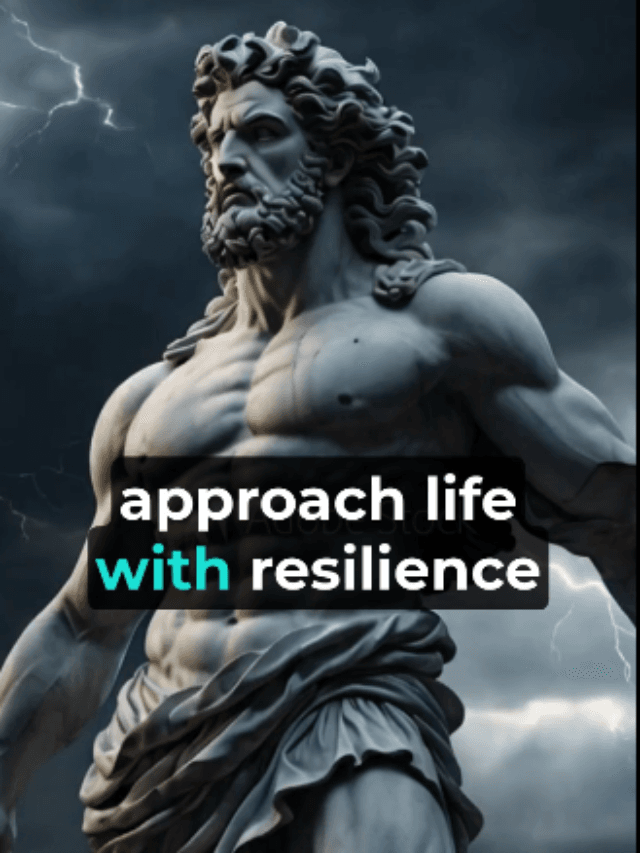

Workshop A: Building Bridges Parliamentary Frameworks for Meaningfully Engaging with Indigenous Peoples
Honorable Chairs, esteemed delegates, distinguished colleagues, and respected members of indigenous communities,
It is a great honor to address such a distinguished audience on a topic that speaks to the heart of democracy—the engagement of indigenous peoples in the governance of our societies. The idea of building bridges between indigenous communities and parliamentary frameworks is not just a matter of policy—it is a moral and ethical imperative that calls upon us to recognize and honor the unique cultures, histories, and knowledge systems that indigenous peoples contribute to our global community.
Today, I will discuss why it is crucial for parliaments to engage meaningfully with indigenous peoples, what challenges we must address, and how we can strengthen our parliamentary frameworks to ensure that this engagement is respectful, inclusive, and empowering.
The Significance of Engaging with Indigenous Peoples
Indigenous peoples represent the living memory of our world’s cultural diversity and environmental stewardship. Across the globe, indigenous communities have long preserved traditions, languages, and systems of knowledge that have shaped and sustained their societies for centuries. From their stewardship of the environment to their unique perspectives on governance and justice, indigenous communities offer invaluable contributions to the challenges we face today—whether it be in environmental conservation, conflict resolution, or sustainable development.
Yet, despite their historical and cultural significance, indigenous peoples have been marginalized, disenfranchised, and excluded from the decision-making processes that directly affect their lands, resources, and livelihoods. This exclusion has resulted in social and economic injustices, threatening the survival of indigenous cultures and communities.
To remedy this, it is not enough for governments and parliaments to simply invite indigenous peoples to the table. We must create frameworks that truly empower them, frameworks that recognize their sovereignty, respect their rights, and actively involve them in the creation of policies that shape their futures.
Challenges to Meaningful Engagement
There are several challenges that parliaments face when seeking to engage with indigenous peoples, and it is crucial that we confront these head-on.
- Historical Injustices and Distrust: The legacy of colonialism, forced assimilation, and systemic discrimination has created deep mistrust between indigenous communities and state institutions. Many indigenous communities view parliamentary systems as tools of oppression rather than platforms for empowerment. Overcoming this distrust requires genuine acts of reconciliation—parliaments must acknowledge past wrongs and work to repair the damage that has been done.
- Legal and Constitutional Barriers: In many countries, indigenous peoples are not adequately recognized in national constitutions or legal frameworks. This lack of formal recognition makes it difficult for indigenous communities to exercise their rights, protect their lands, or participate in governance processes on equal footing. Parliamentary frameworks must therefore work to eliminate these legal barriers and enshrine indigenous rights within the highest legal instruments of the state.
- Lack of Representation: Indigenous peoples are often underrepresented in national parliaments and local government structures. Without representation, their voices remain unheard, and their interests are frequently sidelined in policy-making. Addressing this requires creating pathways for indigenous leaders to participate directly in the legislative process, either through reserved seats in parliament or other mechanisms that ensure their inclusion.
- Cultural Differences: The relationship between indigenous governance systems and parliamentary systems can be fraught with tension due to differing worldviews and governance structures. Many indigenous communities have their own traditional systems of governance that may not align with modern parliamentary practices. For meaningful engagement to occur, parliaments must respect these traditional structures and find ways to integrate them into modern governance processes.
Strengthening Parliamentary Frameworks for Indigenous Engagement
To overcome these challenges, it is essential that parliaments take proactive steps to build bridges with indigenous communities. These bridges must be strong, built on a foundation of respect, reciprocity, and shared power.
Here are several key strategies to strengthen parliamentary frameworks for meaningful engagement with indigenous peoples:
- Legal Recognition of Indigenous Rights: Parliaments must lead the way in recognizing the legal rights of indigenous peoples. This includes land rights, cultural rights, and the right to self-determination. National constitutions should formally acknowledge indigenous peoples and their unique status within the state. Furthermore, legislation must be enacted to protect their rights to traditional lands and resources, as well as to prevent exploitation and displacement.
- Institutional Mechanisms for Participation: Creating institutional spaces for indigenous participation in legislative processes is crucial. This could include the establishment of advisory councils or committees composed of indigenous representatives who can provide input on legislation and policies that affect their communities. Additionally, parliamentary bodies should consider creating special seats or quotas for indigenous representatives to ensure that their voices are always part of the decision-making process.
- Consultation and Consent: One of the key principles of engaging with indigenous communities is the concept of Free, Prior, and Informed Consent (FPIC). Parliaments must ensure that indigenous peoples are consulted before any legislative or development project that affects their lands or way of life is undertaken. Consent is not just a formality; it must be a meaningful process where indigenous peoples have the power to accept or reject proposals that impact their future.
- Capacity Building and Resources: Empowering indigenous communities requires more than just legal recognition—it requires resources and capacity building. Parliaments should allocate funding to support indigenous institutions, education systems, and leadership development programs. This will help equip indigenous communities with the tools they need to engage with modern governance systems while preserving their cultural identities.
- Reconciliation and Healing: Meaningful engagement with indigenous peoples must begin with reconciliation. Parliaments should lead initiatives to acknowledge historical injustices and work towards healing the wounds of the past. This could include formal apologies, truth and reconciliation commissions, and reparative measures that address the ongoing impacts of colonization and marginalization.
- Cultural Sensitivity in Policy-Making: Indigenous peoples have their own unique worldviews, and their perspectives on issues such as land use, environmental conservation, and governance may differ from those of mainstream society. Parliaments must ensure that policy-making processes are culturally sensitive and take into account the values and traditions of indigenous communities. By doing so, we can create policies that are not only more just but also more effective in promoting sustainable development.
Conclusion
Building bridges between indigenous peoples and parliamentary systems is not a task that can be accomplished overnight. It requires sustained commitment, political will, and a genuine desire to share power and authority with those who have been historically marginalized.
As parliamentarians, we have a duty to ensure that our governance systems are inclusive and representative of all citizens, including indigenous peoples. We must move beyond token gestures and take meaningful action to create frameworks that truly empower indigenous communities to shape their own futures.
Let us be guided by the principles of respect, partnership, and justice as we work to build these bridges. In doing so, we not only strengthen our democracies but also honor the rich diversity and wisdom that indigenous peoples bring to our global community.
Thank you.
Read our latest articles: https://genzfitness.in/
Free stock market course for Genz– https://genzfitness.in/free-stock-market-course-for-genz-4-formulas/
Best Book to read in 2024- https://eatyourproblems.store/





